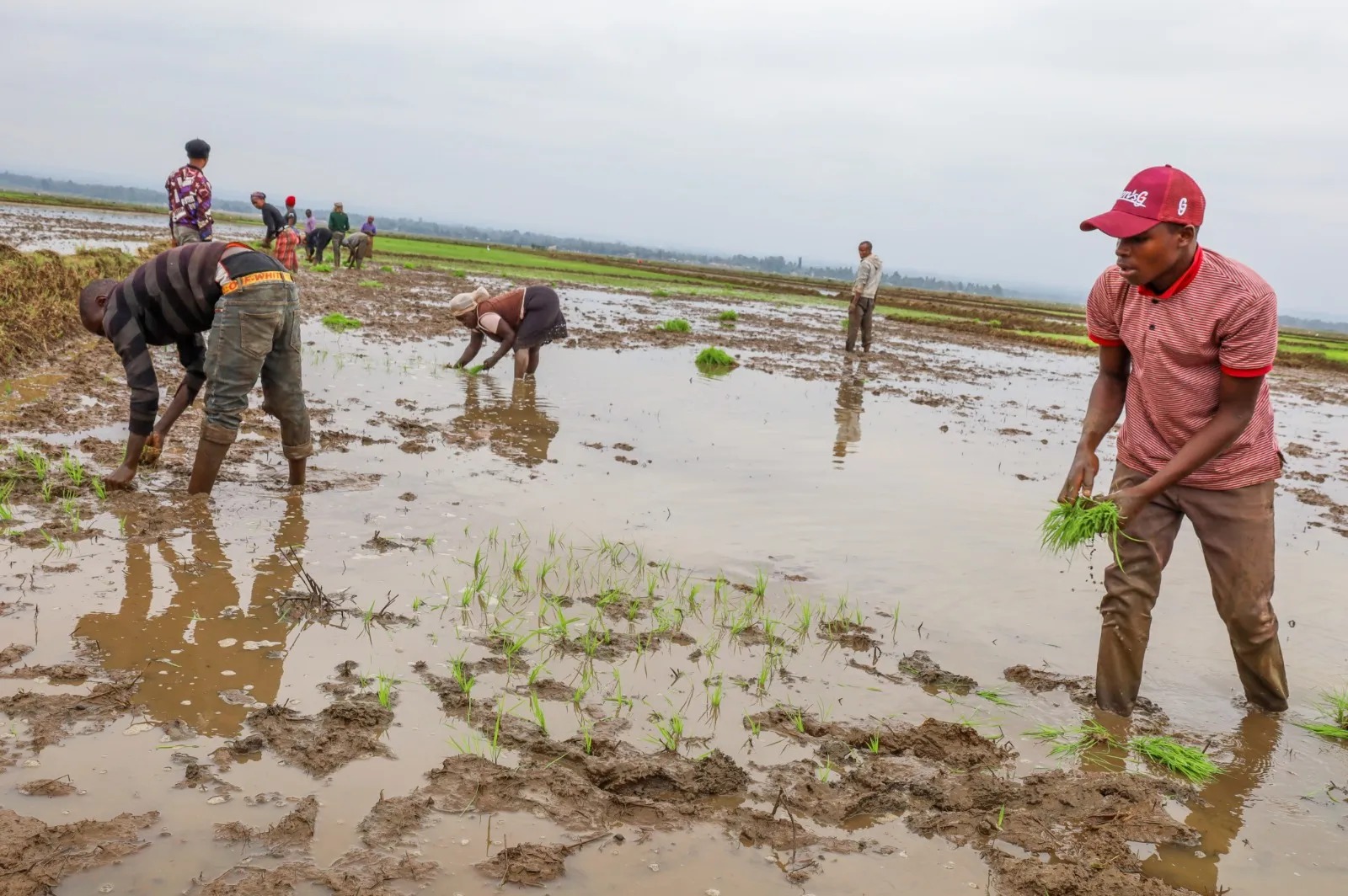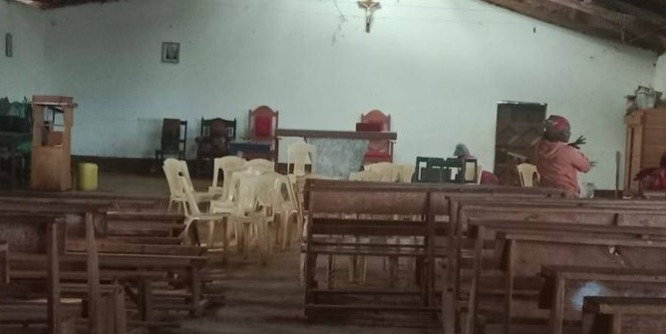A slow-moving but deadly foe is inflicting havoc on livelihoods in the center of Kirinyaga County, Kenya’s top rice-producing region.
Mwea rice farms are in trouble due to an invasion of golden apple snails, a highly destructive and aggressive pest that threatens food security and forces desperate farmers to use deadly foreign chemicals as a last resort.
What began as a few isolated sightings has now evolved into a full-blown ecological disaster. Entire paddies are being devoured overnight by these invasive mollusks, which feast on young rice shoots and reproduce rapidly in the flooded fields.
Farmers, already burdened by fluctuating market prices and erratic weather, are watching helplessly as months of labor are consumed by a pest previously unknown in the region.
“We wake up every morning to find our crops eaten down to the stem. It’s heartbreaking,” said Jane Mwangi, a rice farmer in Thiba area. “We have tried every local method we know; nothing works.”
With government intervention slow and limited, many farmers have turned to unregulated foreign pesticides sourced from neighboring countries. These chemical solutions, some of which are banned in Kenya, pose serious health and environmental risks.
Reports have emerged of skin irritations, contaminated water sources, and disappearing fish in local canals, all signs of chemical overuse and poor handling practices.
Experts warn that the situation could spiral further out of control if not addressed urgently. “This is a national food security issue,” said agronomist Dr. Philip Mutiso.
“The use of unapproved chemicals could lead to long-term damage to soil and water systems. We need a coordinated response involving research, biological control, and farmer education.”









